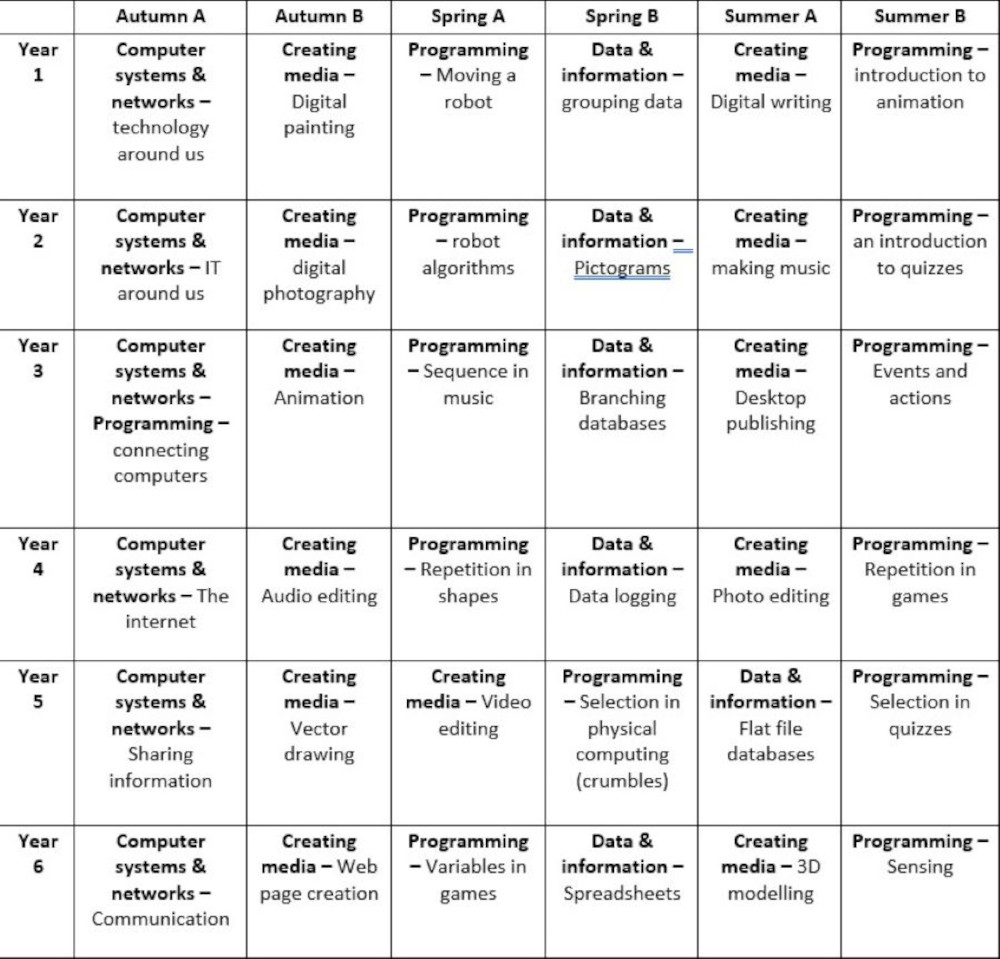Computing
Intention
At Brookside we are aware the world of technology is ever changing and the importance of delivering high-quality computing curriculum. By introducing the pupils to a wide range of technology during their time at the academy, we hope we are producing digitally literate learners and problem solvers. Our intention is that computing will not only be taught as a series of skills but will also engage and enrich our children's experiences by supporting their creativity and cross curricular learning.
We went our pupils to leave the academy confident in using different forms of technology and to ensure that they know how to stay safe online whilst achieving these goals. Online safety underpins all aspects of our computing curriculum. It is taught during computing lessons in an age and developmentally appropriate manner whilst also being celebrated across the academy annually on Safer Internet Day.
Within our school community, we place great importance in the use of technology as a device which supports and enriches links and communications within our locality as well as within the wider world.
Implementation
At Brookside from Year One upwards we follow the Teaching Computing curriculum created by the National Centre for Computing Education (NCCE). The curriculum is spit into 6 units per year group with 6 lessons per unit. Each class are teaching computing on a weekly basis and following the depth lesson plans from the NCCE. Each year group has two programming units, two creating media units, a data and information unit and a computer systems unit. The order of which these are taught can be seen below.
In Early Years computing skills are taught discreetly within small group sessions, these sessions are often based on computational thinking and the children acquiring the skills to use different forms of technology. Within continuous provision the children are exposed to various forms of technology on a daily basis such as Bee-Bots, headphones, etc.
Evidence of computing for each year group is recorded electronically on Padlet and regularly reviewed by the subject lead.
Impact
Our children enjoy and value Computing and know why they are doing things, not just how. Children will understand and appreciate the value of Computing in the context of their personal well-being and the technological, creative and cultural industries and the many career opportunities that computing may present to them when older.
Progress and attainment in Computing is demonstrated through regularly reviewing and scrutinising children's work.
Namely by:
- Looking at pupils' work, especially over time as they gain skills and knowledge
- Observing how they perform in lessons
- Talking to them about what they know.
The Computing curriculum will hopefully contribute to children's personal development with creativity, independence and self-reflection. This will be seen in them being able to talk confidently about their work, and sharing their work with others.
Whole School Overview
This is the recommended teaching order for the units, however, these may be rearranged at the class teacher's discretion.

Quotes from pupils
"E-Safety is important because if you are on messages and someone tried to friend you and they said where do you live, you shouldn't answer them. They could find where you live."
"Computing is great because if we didn't have the internet people wouldn't be able to contact each other. If someone lived in Australia and you live in the UK we would need to Face Time them."
"In Computing we had to use the internet to draw, we used shapes and backgrounds to make a picture. It's a vector drawing."
"We just used google sheets to make our own spreadsheet about prices for a party, we had to have a budget and we used a code so it would work out how much it would all cost."
Useful Documents


